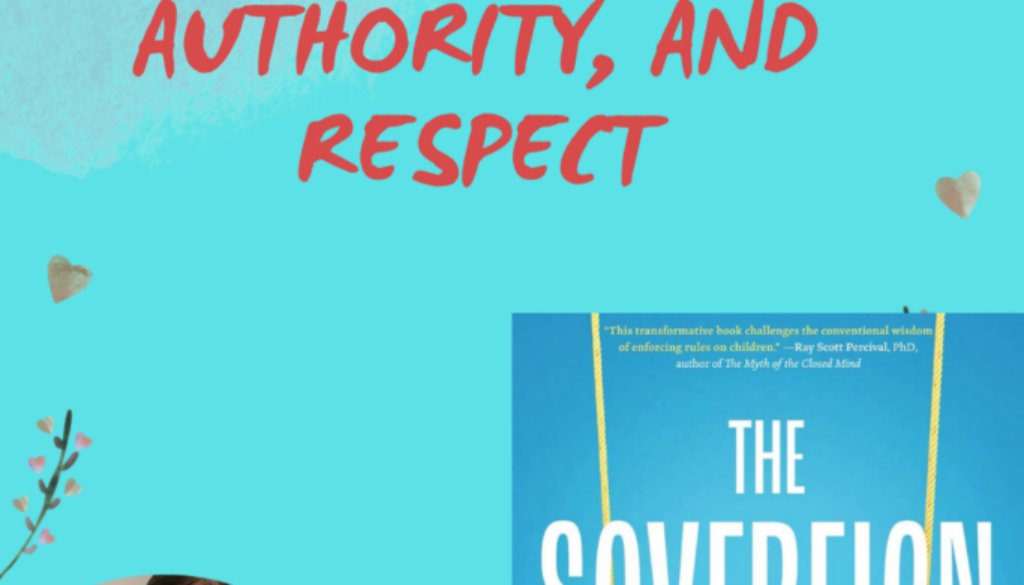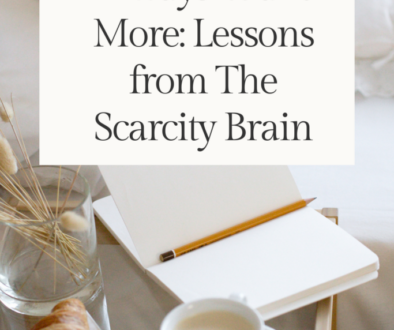“The Sovereign Child”: A Radical Rethink of Parenting, Authority, and Respect
Parenting is often seen as a balance of love, discipline, and authority, but The Sovereign Child by Aaron Stupple challenges this notion, arguing that children deserve the same autonomy and respect as adults. Rooted in the Taking Children Seriously (TCS) philosophy, the book critiques traditional parenting methods—rules, punishments, and authority—claiming they stifle creativity and self-motivation. Instead, Stupple advocates for a non-coercive, collaborative approach where parents engage with children as equals, fostering trust and intrinsic responsibility. Whether seen as revolutionary or impractical, The Sovereign Child forces readers to rethink long-held beliefs about childhood, discipline, and control.
💡 Key Takeaways from The Sovereign Child
- Children are autonomous individuals, not problems to be managed. Stupple argues that children, like adults, have valid thoughts, desires, and emotions that should be taken seriously rather than dismissed or overridden by authority figures.
- Traditional parenting, with its emphasis on rules and discipline, can be harmful. The book critiques conventional parenting methods, such as punishments, timeouts, and imposed rules, asserting that they stifle creativity, independence, and trust between parent and child.
- Non-coercive parenting fosters trust and intrinsic motivation. Instead of imposing rules, Stupple advocates for an approach that encourages dialogue, mutual respect, and cooperative problem-solving, allowing children to develop self-discipline naturally.
🌟 First Impressions
I heard Aaron Stupple from a recent Tim Ferriss Podcast, where Aaron Stupple and Naval Ravikant discuss about parenting. After listening to the podcast, I am curious about the parenting philosophy. So I started reading his book, The Sovereign Child. Upon starting the book, one thing immediately stands out: it challenges deeply ingrained beliefs about parenting. The book does not merely question traditional parenting—it outright rejects the notion that adults should impose authority over children.
Stupple’s writing is engaging and persuasive, blending philosophy with practical examples. While some of his ideas may seem extreme at first glance—such as completely removing punishments and rules—the book explains why these changes lead to long-term benefits.
One particularly compelling aspect of the book is its philosophical foundation. Drawing inspiration from Taking Children Seriously (TCS), a movement that argues for complete non-coercion in parenting, Stupple challenges readers to rethink their assumptions about discipline, education, and authority. Whether or not you agree with his conclusions, it’s impossible to read this book without reflecting on your own upbringing and parenting style.
However, the book is not without its controversies. Critics argue that some of its ideas are impractical or even unrealistic in a world where children must eventually conform to societal expectations. But even for skeptics, The Sovereign Child offers a refreshing perspective that encourages deep introspection.
📖 The Reading Experience
Reading The Sovereign Child feels both enlightening and unsettling. The book is structured in a way that gradually deconstructs traditional parenting methods before presenting an alternative, making the reader question what they previously considered normal.
Strengths of the Book:
- Clear and persuasive writing: Stupple presents his arguments in an accessible manner, using anecdotes, research, and philosophical reasoning to support his points.
- Challenges the status quo: The book forces readers to confront and question parenting practices that are often taken for granted.
- Encourages dialogue and reflection: Unlike some parenting books that prescribe rigid rules, this book encourages parents to develop their own non-coercive approaches based on their values and relationships with their children.
Challenges and Controversies:
- Impracticality for certain situations: Some critics argue that while the ideas sound great in theory, they may be difficult to apply consistently, especially in structured environments like schools.
- Lack of clear guidelines: The book focuses more on principles than step-by-step instructions, which may leave some readers wondering how to apply the concepts in real life.
- Potential for misinterpretation: Some parents might misread the book as advocating for permissiveness rather than collaboration, leading to a lack of boundaries rather than respectful negotiation.
Despite these challenges, the book remains an eye-opening read that invites parents to reconsider their approach to raising children.
🌱 Post-Reading Reflection
After finishing The Sovereign Child, I re-evaluated not just parenting, but broader societal attitudes toward children. The book made me more aware of how often adults dismiss children’s opinions and how traditional parenting methods are often rooted in control rather than genuine guidance. I start rethinking my parenting strategy and implementing some strategies.
Here are a few key reflections I had after reading the book:
- How often do we impose rules simply because we were raised that way? Many parenting decisions are based on tradition rather than necessity. This book challenges parents to ask, “Is this rule actually helping my child, or is it just something I think I should enforce?”
- Children deserve the same respect as adults. We would never force an adult to obey arbitrary rules without explanation, so why do we do this to children? The book made me reflect on the importance of treating children as equals in conversations.
- Trust is more powerful than control. One of the biggest takeaways was that children who are trusted to make decisions develop a stronger sense of responsibility than those who are constantly controlled.
This book may not convert every reader into a fully non-coercive parent, but it certainly shifts perspectives and opens up important discussions about autonomy, trust, and respect in parenting.
✍️ Favorite Quotes & Why They Matter
1. “Parenting is the process of supporting a child until they understand the world well enough that they can support themselves.”
Why It Matters:
This statement reframes parenting as a long-term investment in a child’s autonomy rather than a process of control. Instead of enforcing obedience, the goal is to equip children with the tools they need to think critically, solve problems, and navigate life independently. This aligns with the book’s broader philosophy of Taking Children Seriously, which argues that children deserve the same respect and agency as adults.
2. “Rules—contrary to their stated purpose—do not keep kids safe, disciplined, or healthy. They drive kids to other people who are less committed to their well-being.”
Why It Matters:
This challenges the conventional wisdom that strict rules are necessary for a child’s well-being. Instead, the book suggests that excessive rule enforcement can backfire, pushing children toward secrecy, rebellion, or reliance on external authority figures who may not have their best interests at heart. It emphasizes the need for open dialogue and trust rather than rigid control.
3. “Taking your kids seriously gives them reasons to take you seriously as well.”
Why It Matters:
This highlights the reciprocal nature of respect in parenting. If parents dismiss their child’s feelings, interests, or reasoning, they risk undermining their own influence. By genuinely listening and engaging with children as intelligent individuals, parents foster mutual respect, leading to more cooperative and thoughtful decision-making.
Final Thoughts: Who Should Read The Sovereign Child?
This book is ideal for:
✅ Parents looking for a fresh, non-traditional approach to raising children.
✅ Educators, psychologists, and caregivers interested in child development and autonomy.
✅ Anyone curious about alternative parenting philosophies and the Taking Children Seriously movement.
However, this book might not be the best fit if you’re looking for a structured, rule-based parenting guide. It focuses more on principles than step-by-step techniques, making it better suited for those willing to explore and adapt the ideas rather than follow a strict formula.
The Sovereign Child is a book that will likely spark strong reactions—some will find it liberating, while others may see it as impractical. Regardless of where you stand, it’s a powerful and thought-provoking read that challenges the way we think about children, parenting, and authority.





